Open Source Peer-Reviewed Articles
Cities, Time, and the Backward Glance
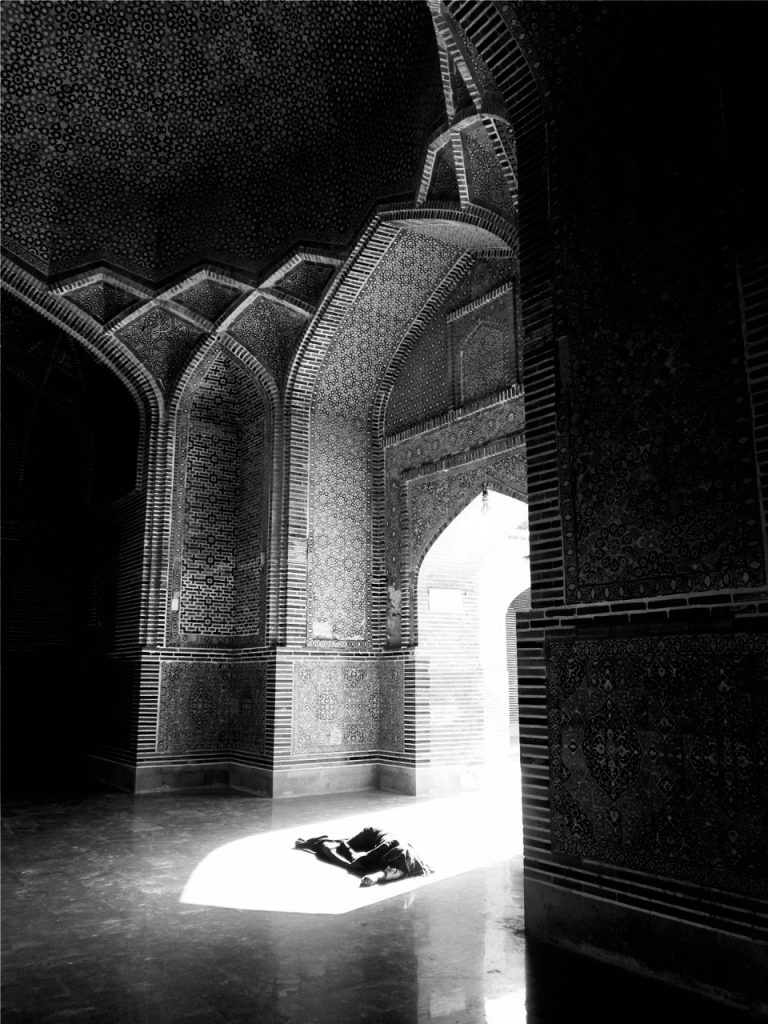
What’s it like to have a deep relationship with the pasts of a place, while experiencing the present only through nostalgia? In this essay, I argue that the discipline of history is implicated my experience of the past as an object of study: I know how to write about dead Muslims, but have no relationship with the living presence of devotional Islam. Drawing on a visit to a seventeenth-century Mughal mosque in Thatta, Pakistan and on magical realism, I propose that we attune ourselves to moments in which it is possible to step outside linear time. Doing so has radical potential; trauma caused by colonialism coupled with nostalgia for imagined pasts can be countered when we challenge the premise that the past is behind us.
Nostalgia, Lahore, and the Ghost of Aurangzeb
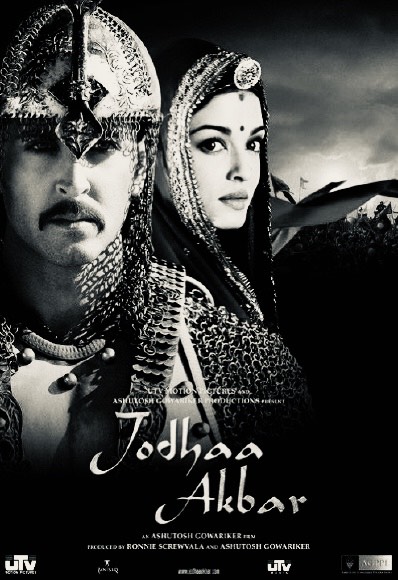
In the winter of 2011, Salman Taseer, the governor of Punjab, was assassinated by his security guard, Mumtaz Qadri, who stated that Taseer’s opposition to Pakistan’s blasphemy laws was an attack on Islam. In Lahore, a city with a Mughal past, Taseer’s death was understood through invocations of a murder that happened in 1659, when the Mughal emperor Aurangzeb killed his brother Dara Shikoh after declaring him an apostate: Taseer was portrayed as Dara reincarnated and Qadri Aurangzeb. This article argues that images of past kings stem from trauma caused by the loss of kingship and by a century of colonial rule. This article proposes that beneath nostalgia for past kings lies a deeper longing for the intact world kingship sustained. To reconstruct this world, I close-read the account of Bhimsen Saxena, a Hindu soldier who served under Aurangzeb and expressed both anger and loyalty towards his king; in this, he possessed a pre-modern subject’s capacity to hold ambivalence that modern citizens no longer possess. Narrative accounts such as Bhimsen’s can open the imagination to lost capacities for holding pain or ambivalence and bring scholarship on religious violence in modern South Asia into conversation with scholarship on the Mughal past.
A popular version of this article, titled “A Hindu Soldier’s Aurangzeb” was published in The Wire.
Other Peer-Reviewed Articles
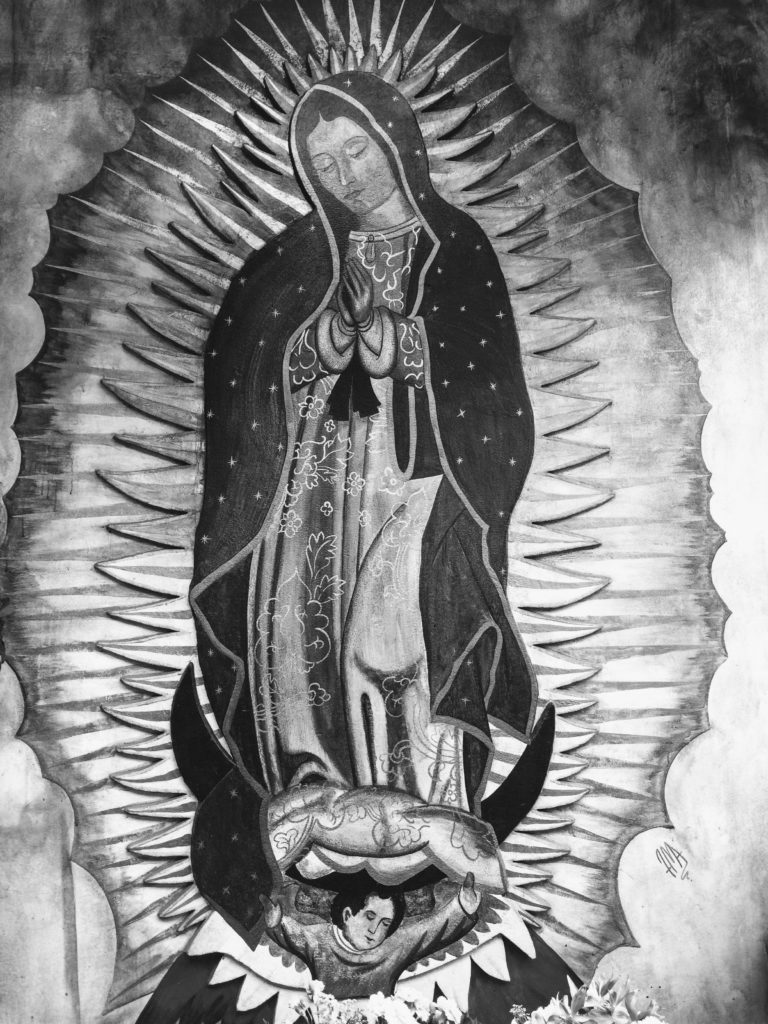
Chasing India in Mexico City in History and Theory 60, 3, (2021): 534-540
I’m interested in how the idea of timelessness has change embedded into it: To say Mexico City has changed is also to acknowledge that there’s an essence to the city that cannot change. I explore this paradox by drawing on travels in Mexico City, on the memory of a forgotten lake, and on what it means for history to register on the body.
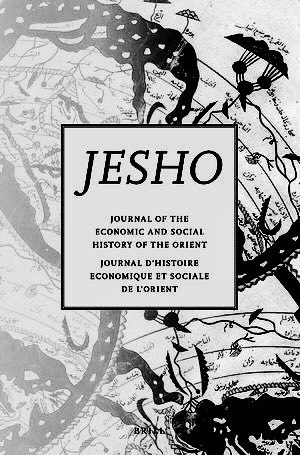
Instructive Memory: An Analysis of Auto/Biographical Writing in Early Mughal India in Journal of the Economic and Social History of the Orient (JESHO) 54, 5 (2011): 677-700
This article is about how three writers of auto/biographical texts depicted the Mughal Emperor Humayun (d. 1556). Humayun’s sister, Gulbadan Begum is determined to prove that her brother’s value to history lies in his keeping of kinship obligations, while the other two writers–Jawhar Aftabchi and Bayazid Bayat–both servants of the king, emphasize Humayun’s piety and just treatment of those in his service.
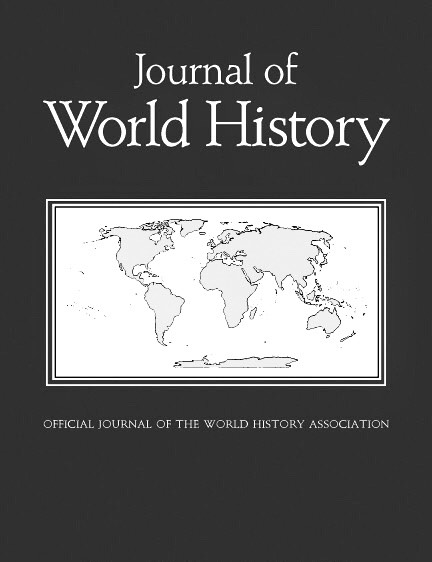
Visions of Juliana: A Portuguese Woman at the Court of the Mughals in Journal of World History 23, 4 (2012): 761-791.
This article examines the life of Juliana Dias da Costa, an influential Portuguese woman at the court of the Mughal Emperor Bahadur Shah I (d. 1712). Juliana negotiated political agreements, advised the king, and was written about in Persian, Portuguese, French, Dutch, and English. This article examines multiple narratives about Juliana and concludes with my encounter with a descendant of Juliana’s in Karachi.